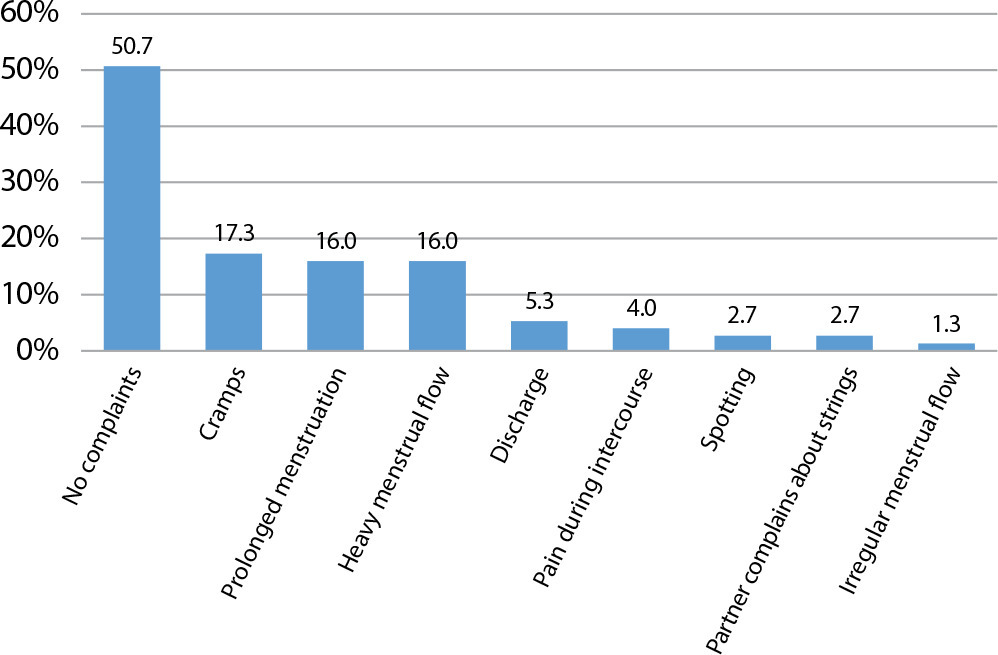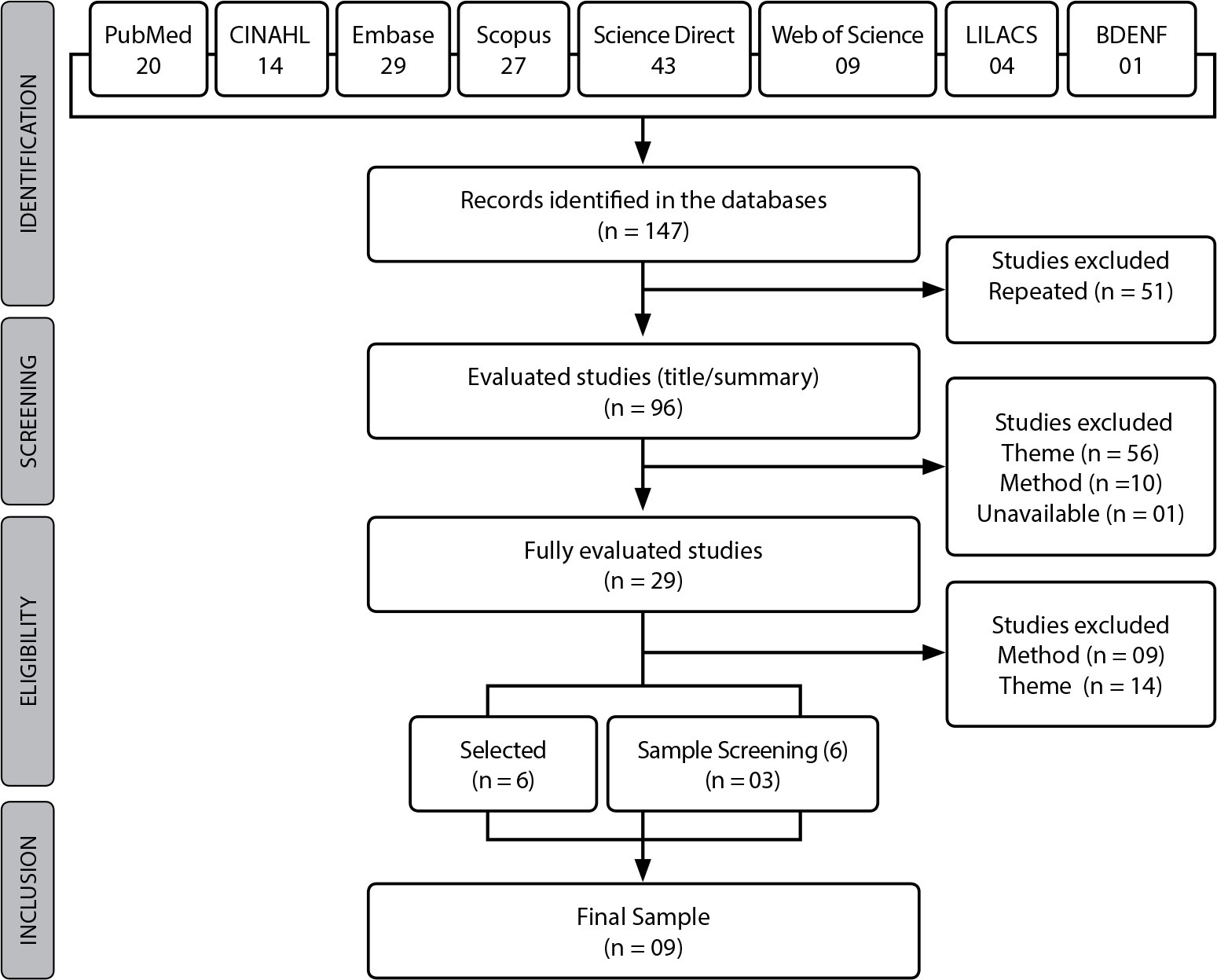-
ORIGINAL ARTICLE
Outcomes of Intrauterine Device Insertion by Certified Midwives and Obstetric Nurse Practitioners
Revista Brasileira de Enfermagem. 2023;76(5):e20220286
11-27-2023
Resumo
ORIGINAL ARTICLEOutcomes of Intrauterine Device Insertion by Certified Midwives and Obstetric Nurse Practitioners
Revista Brasileira de Enfermagem. 2023;76(5):e20220286
11-27-2023DOI 10.1590/0034-7167-2022-0286
Visualizações0Ver maisABSTRACT
Objectives:
to evaluate the outcomes of Interval Copper Intrauterine Device (IUD) insertion performed by certified midwives and obstetric nurse practitioners at a Peri-Hospital Birth Center.
Methods:
a cross-sectional study was conducted involving 75 women who underwent IUD insertion between January 2018 and February 2020. Data collection was carried out using medical records and telephone interviews.
Results:
no instances of uterine perforation were observed. Expulsion rates of the devices were 1.3% within 30 to 45 days of use and 5.3% within the first year of use. The follow-up removal rate was 4.0%. The average pain score reported was 4.2 (SD = 3.3). Among those who continued using the device, 93.1% expressed satisfaction.
Conclusions:
the findings demonstrate that IUD insertion by certified midwives and obstetric nurse practitioners is a safe procedure, yielding outcomes comparable to those reported in the existing literature.

-
REVIEW
Woman-centered shared decision-making to promote contraceptive counseling: an integrative review
Revista Brasileira de Enfermagem. 2022;75(5):e20210104
02-25-2022
Resumo
REVIEWWoman-centered shared decision-making to promote contraceptive counseling: an integrative review
Revista Brasileira de Enfermagem. 2022;75(5):e20210104
02-25-2022DOI 10.1590/0034-7167-2021-0104
Visualizações0Ver maisABSTRACT
Objective:
To summarize scientific evidence on the woman-centered shared decision-making process for the promotion of contraceptive counseling.
Methods:
Integrative literature review with a sample of nine primary articles selected from MEDLINE via PubMed, CINAHL, Web of Science, Scopus, ScienceDirect, Embase, LILACS, and BDENF.
Results:
The study evidenced a comprehensive chain of segments for the development of the shared approach centered on women through counseling on contraception, fragmenting the evidence acquisition in relational elements for the choice implementation and continuation of the chosen method; systematization of consistent information for choice implementation and continuation of the method; and challenges for implementing shared decision-making.
Final considerations:
The process of woman shared decision-making centered during the consultation on contraception counseling favors the qualified choice and effective adherence to a contraceptive method based on the professional’s clinical vision adjusted to the woman’s preferences.




